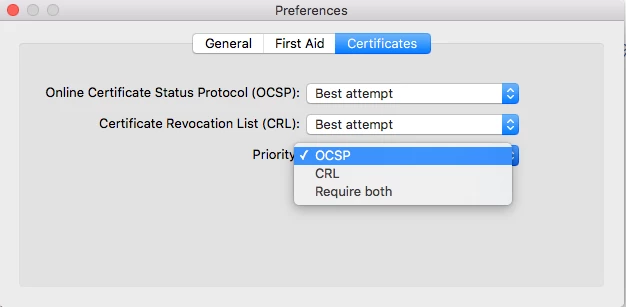Anybody run into Anyconnect prompting for admin credentials when the user changes their password? Apparently when they change it, and launch A.C. it prompts to modify the system keychain. Any way around that? The users are submitting for admin rights in order to do this update, which they shouldn't be. I never noticed it in the earlier versions. There's a new 3.1.05something version out, I haven't had a chance to grab it yet though.
Question
Cisco Anyconnect 3.1.04072, 10.9, and Admin Credentials
Enter your E-mail address. We'll send you an e-mail with instructions to reset your password.












